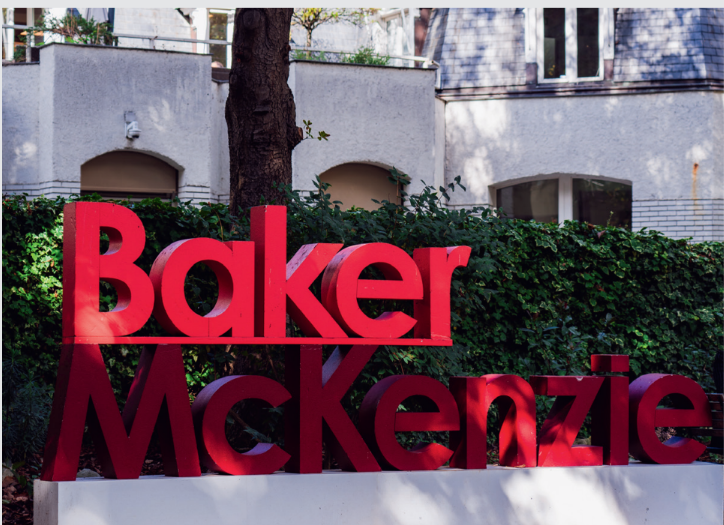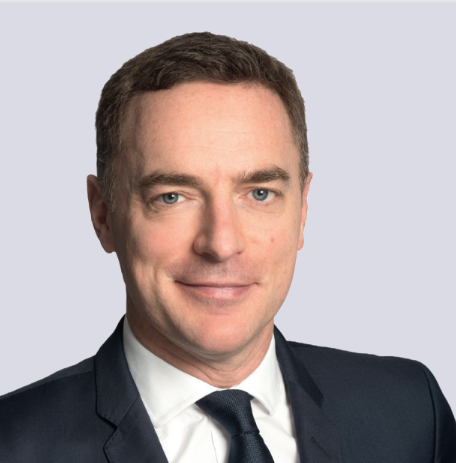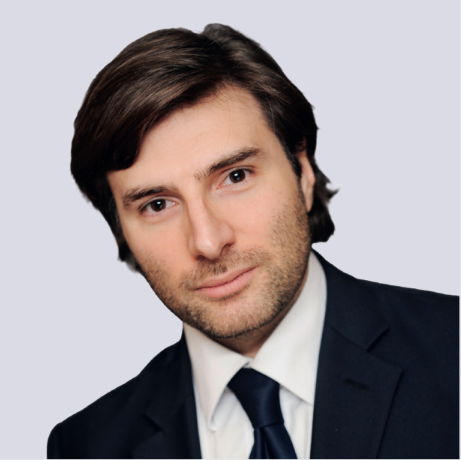Cross-Border Investments: How to Navigate in a Changing Environment?

Cross-Border M&A Deals Are Becoming More Complex: Hugo Sanchez de la Espada (H.01) and Guillaume Nataf (H.05), Lawyers at Baker McKenzie, Decode These Changes
What changes are you seeing in foreign investment control?
Hugo Sanchez de la Espada: Regulations are becoming more complex and closely linked to national and geopolitical contexts. Over the past ten years, many countries have refocused on their sovereignty and strengthened foreign investment controls, notably by expanding the scope of so-called “sensitive” activities. The European Union encourages its member states to implement a harmonized control system and could eventually become the decision-making authority.
Guillaume Nataf: In France, seven governments have succeeded one another since May 2022, making regulations more fluid. Controls, once mainly limited to Defense, now extend to various sectors (critical infrastructure, healthcare, biotech, etc.) and also affect direct and indirect government contractors. The number of transactions requiring approval has skyrocketed, and foreign investors are increasingly cautious about proceeding without prior authorization when their deal falls into a regulatory “grey area.”
How are these changes redefining M&A strategies?
H.S.E.: Deals are more demanding. Investors must provide detailed information on their group, executives, activities, links with third-party states, as well as on the target company and the transaction itself (price, terms, strategy…). Everything is scrutinized to assess the sensitivity of the deal and to authorize, refuse, or impose conditions on approval. This is now a constraint that every foreign investor must anticipate and that can influence strategic choices.
G.N.: Blockages remain rare, but conditional approvals are increasing: maintaining operations in France, continuing contracts with sensitive subcontractors, protecting intellectual property in France, etc. These restrictions sometimes lead investors to withdraw their projects. In certain multi-jurisdictional deals, it may be necessary to structure the transaction to prevent a local regulator’s refusal from blocking the entire project.
In this context, what makes Baker McKenzie’s global platform an asset?
H.S.E.: In every country where we operate, we have highly specialized teams at the forefront of every business law discipline, proactively monitoring regulatory developments.
G.N.: Our M&A teams know local regulators extremely well, and for cross-border matters, they work together efficiently. Through a single point of contact, our clients have access to all this expertise.
Baker McKenzie
Founded in 1949 in Chicago, Baker McKenzie is an international business law firm with more than 6,500 lawyers across over 70 offices worldwide. In Paris, nearly 180 multidisciplinary lawyers provide full-service support to clients, including around twenty CAC 40 companies.
Hugo Sanchez de la Espada (H.01) is admitted to the Paris Bar. He joined Baker McKenzie as a Partner in 2005 and currently leads the M&A practice in Paris.

Guillaume Nataf (H.05) is admitted to the Paris Bar. He joined Baker McKenzie’s M&A department in 2005, was named Counsel in 2015, and Partner in 2017.


Published by destinee.bakale

